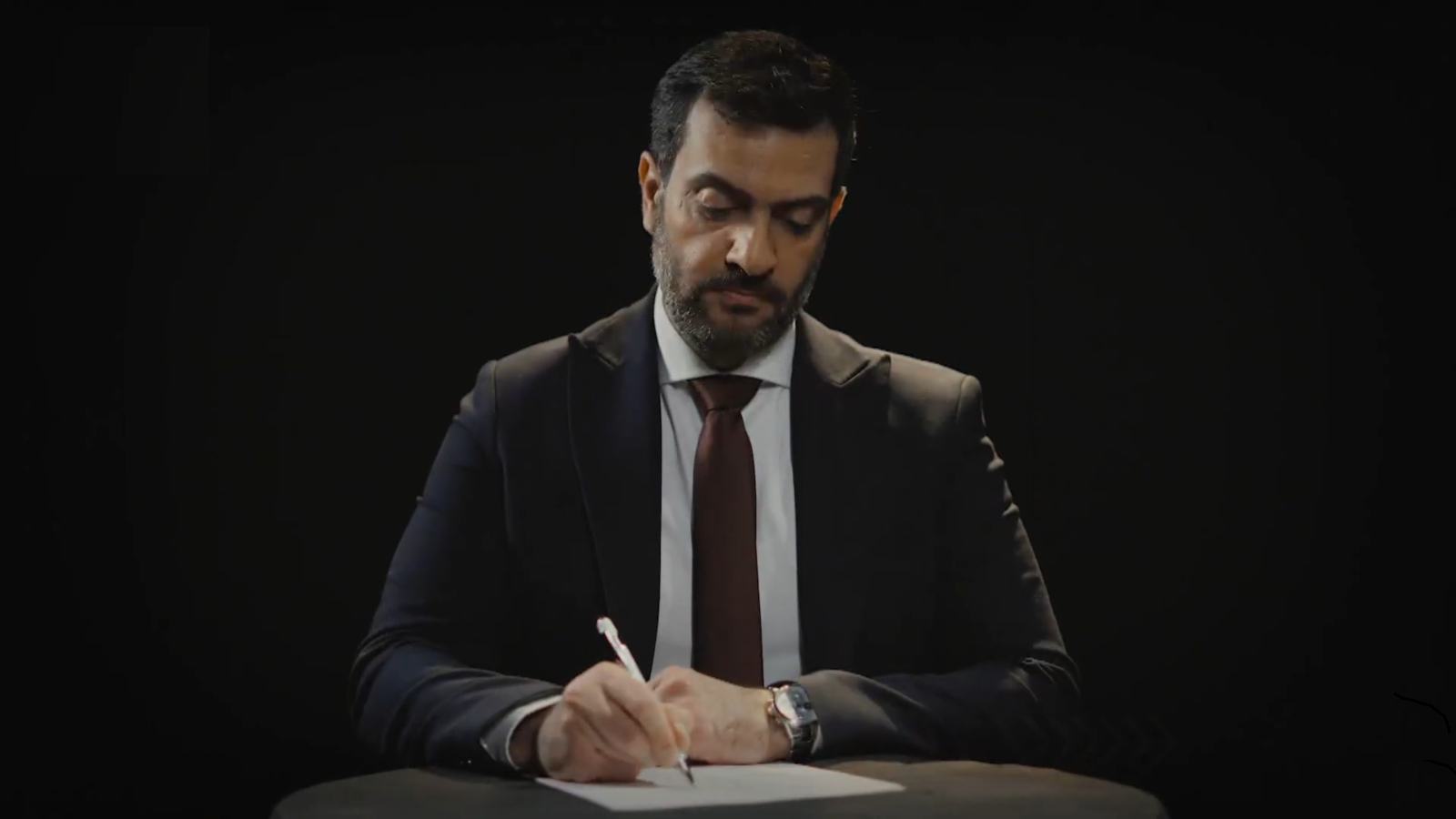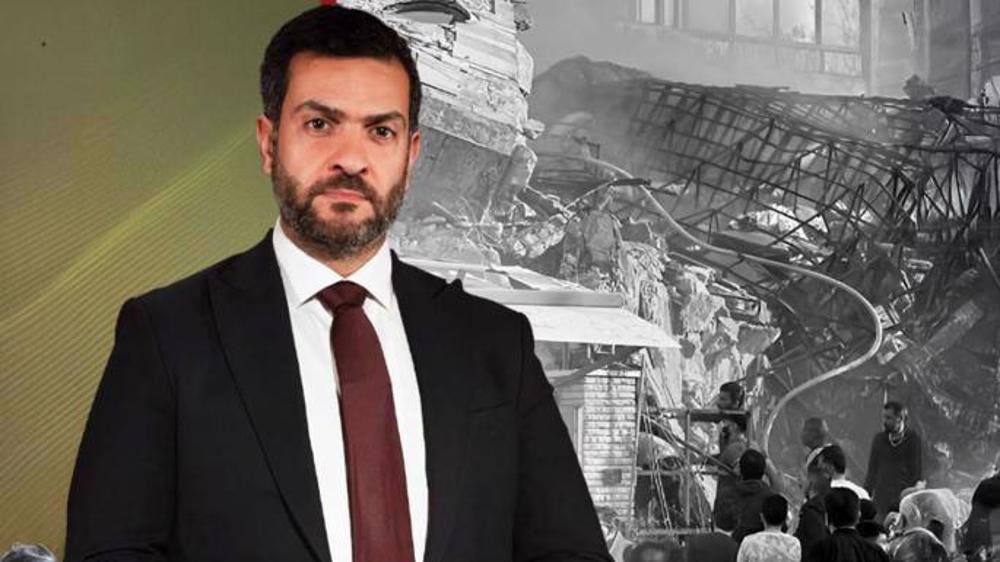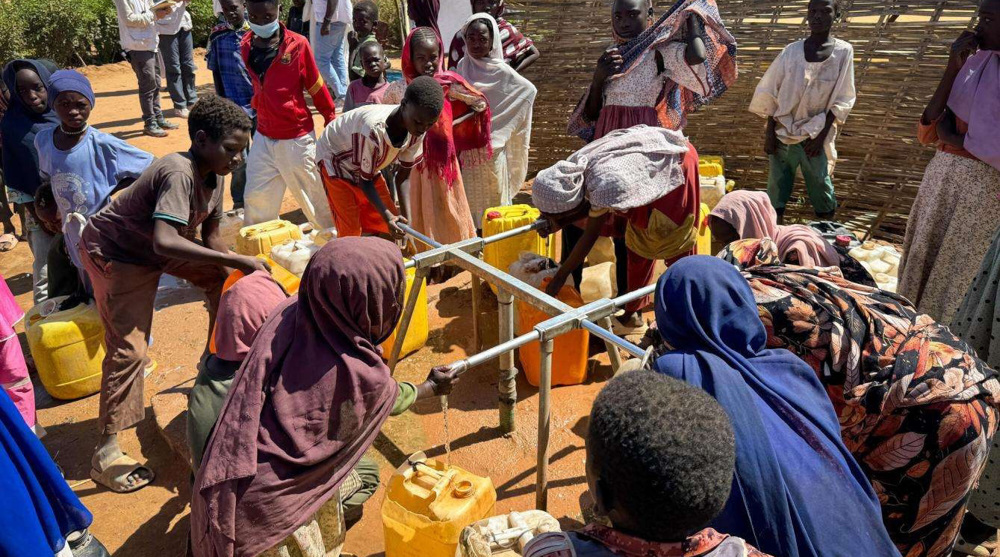Yemen civilian casualties to soar if Saudi siege continues: HRW
Human Rights Watch (HRW) has called on Saudi Arabia to lift a blockade it has placed on Yemen, stressing that the continuation of the siege will raise the number of victims of the Saudi aggression on the neighboring impoverished country.
“The rising civilian casualties from the fighting could become dwarfed by the harm caused to civilians by” Saudi Arabia’s “blockade on fuel, if it continues,” Joe Stork, the HRW deputy director of the Middle East and North Africa, said on Sunday.
The Al Saud regime has imposed a blockade on the delivery of relief supplies to the war-stricken people of Yemen in defiance of calls by international aid groups.
“It is unclear how much longer Yemen’s remaining hospitals have before the lights go out,” Stork said, warning about the dire humanitarian situation in Yemen.

Scarcity of diesel fuel as well as gasoline has also paralyzed the transportation system across Yemen, forcing millions of civilians to travel on foot to reach their destinations.
The Saudi “blockade is keeping all fuel out of Yemen, while civilians are desperately in need of water and electricity,” Stork said.
Shortages of fuel have driven many Yemenis to look for alternative ways and turn their gasoline-powered cars into ones running on natural gas.
Stork insisted that Saudi Arabia "should take urgent steps to end this threat to Yemen’s civilian population, and ensure that fuel quickly reaches hospitals and other civilians in need.”
“The impact on civilian infrastructure across Yemen has been devastating. Many Yemenis are now deprived of access to basic services, including medical treatment, food, water and other necessities. Conflict continues to rage across the country, putting men, women and children from all of Yemen's communities at risk,” said UN Humanitarian Coordinator for Yemen Johannes van der Klaauw on Sunday.
UN Secretary General Ban Ki-moon has warned that a lack of fuel is preventing aid agencies on the ground from distributing crucial supplies, “making the already catastrophic humanitarian situation in Yemen even worse.”
“Humanitarian operations will end within days unless fuel supplies are restored,” Ban warned.

Meanwhile, the World Food Program said it is in dire need of more than 200,000 liters of fuel to be able to continue distributing food supplies already in its warehouses across Yemen.
The International Committee of the Red Cross (ICRC) has described the current fuel shortage in Yemen as “alarming”.
“After a month of airstrikes and fighting, Yemen’s health system is struggling to cope and there are severe shortages of essential items, especially food and fuel,” the ICRC said in a statement.
Saudi Arabia started its military aggression against Yemen on March 26 -- without a UN mandate -- in a bid to undermine the Houthi Ansarullah movement and to restore power to the fugitive former president, Abd Rabbuh Mansour Hadi, who is a staunch ally of Riyadh.
According to the latest UN figures, the Saudi military campaign has so far claimed the lives of over 1,400 people and injured close to 6,000, roughly half of whom have been civilians.
IA/MHB/AS
Donors receive favors from Trump’s fundraising machine post-election: Report
VIDEO | Odds against peace in Ukraine?
Iran plans launch of its heaviest ever satellite on Dec 28
Epstein abuse survivors slam US Justice Department over redacted files
VIDEO | Unintended consequences of a meaningless war
Iran’s IRGC says it has pulled out of Venezuela subway project
Ben-Gvir proposes 'crocodile prison,' mandatory death penalty for Palestinians
Iran set to simultaneously launch 3 satellites into space this week: Report










 This makes it easy to access the Press TV website
This makes it easy to access the Press TV website